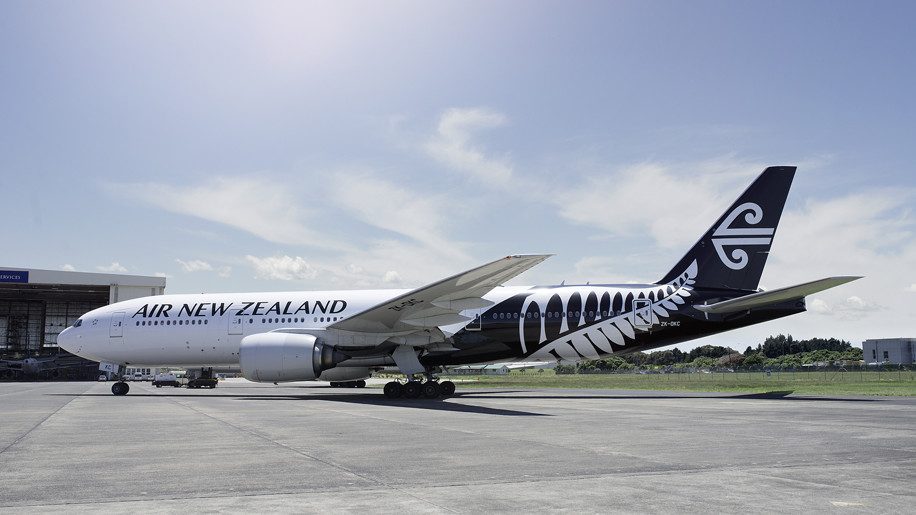
Air New Zealand’s chief medical officer Ben Johnston said “airline travel is still very, very safe” in a video posted on the airline’s Youtube account as the carrier steps up precautionary measures in the wake of the coronavirus (Covid-19) outbreak which has resulted in a drop in global travel demand.
Johnston answered a number of questions relating to safety and travel in the Youtube video which was uploaded on March 10.
“Around the world we’ve not yet seen any confirmed cases of Covid-19 being transmitted from sick passengers to other passengers or to airline staff so I would happily still fly myself or with my family,” Johnston said.
“The air quality in our aircraft is better than any office building. The air is exchanged at a much higher rate and any air that is re-circulated back through the cabin passes through HEPA (high-efficiency particulate air) filters which very effectively screen out any bacteria or virus,” he added.
According to the International Air Transport Association (IATA), air in a modern aircraft is “very safe” as modern aircraft have high efficiency air filters similar to those used in hospital operating rooms that capture more than 99.9 per cent of the airborne microbes in the filtered air, IATA said on its website.
Is air travel safe?
As of writing this story, the World Health Organisation (WHO) has not advised any restrictions on travel. However, the situation is changing rapidly, and there are other factors such as quarantine requirements, insurance, and travel bans that could impact travel plans.
A number of countries and regions have issued travel advisories, urging travellers to avoid non-essential travel to affected regions such as China, Italy, South Korea and Japan.
The Centres for Disease Control has provided recommendations for travel, including guidance on when to consider postponing or canceling a trip to a particular destination, on its website. According to the CDC, the risk of infection on an airplane is low, but travellers should try to avoid contact with sick passengers and wash their hands often with soap and water for at least 20 seconds or use hand sanitizer that contain 60%–95% alcohol. Those who are sick are advised not to travel.
The novel coronavirus is transmitted through droplets of fluid or mucus when an infected person coughs or sneezes, and between people who are in close contact with one another (within about six feet), according to the US Centers for Disease and Control (CDC). The CDC also said it is possible that a person can get the coronavirus by touching a surface that has the virus on it, and then touching their own mouth, nose, or possibly their eyes.
Last week, Air New Zealand confirmed that a passenger who tested positive with Covid-19 travelled on its services. The passenger first travelled from Milan to Singapore, then flew with Air New Zealand from Singapore to Auckland on flight NZ283 on February 25, then flew from Auckland to Palmerston North on flight NZ5103 on March 2, returning to Auckland on NZ8114 the same day.
The airline said it is was identifying and contacting customers who travelled on the Singapore service and the two regional flights.
Air New Zealand steps up precautionary measures
Air New Zealand said it continues to monitor the situation and follow guidance from the New Zealand Ministry of Health, the WHO, and IATA.
The carrier said it has implemented a number of measures in an effort to protect passengers, such as using a “stronger disinfectant” for routine cleaning on its aircraft and lounges; making hand sanitisers readily available at airports, lounges and on aircraft; and equipping its aircraft with biohazard kits, gloves and face masks “to keep people safe”. The airline also added that it is encouraging regular hand washing.
Business Traveller Asia-Pacific has reached out the airline to ask whether its hand sanitisers are alcohol-based, as the WHO recommends using an alcohol-based hand sanitiser.
A number of airlines said they are stepping up precautionary measures in the wake of the Covid-19 outbreak that continues to spread around the world:
Some airports around the world have also stepped up precautionary measures, including Singapore’s Changi Airport.












